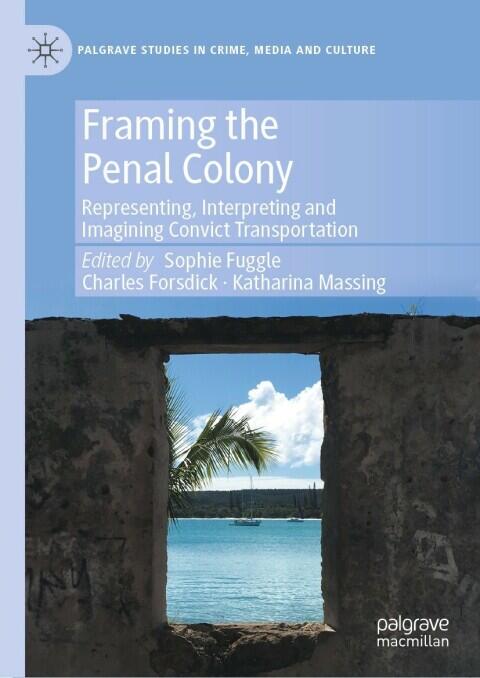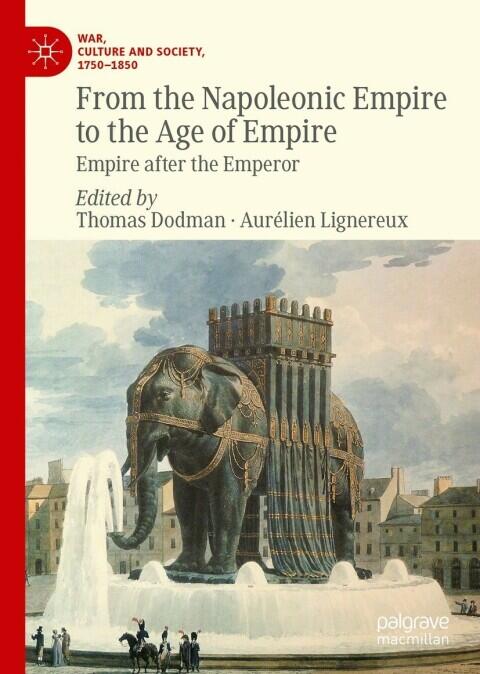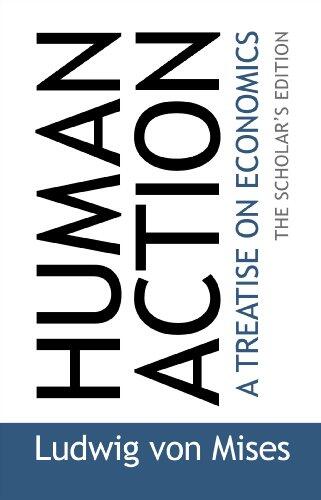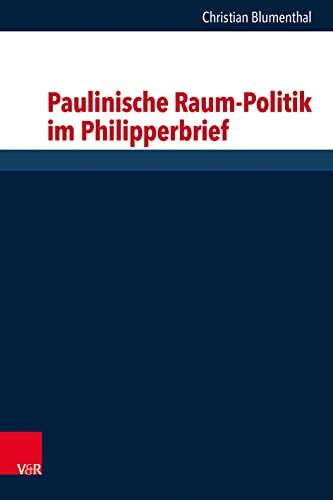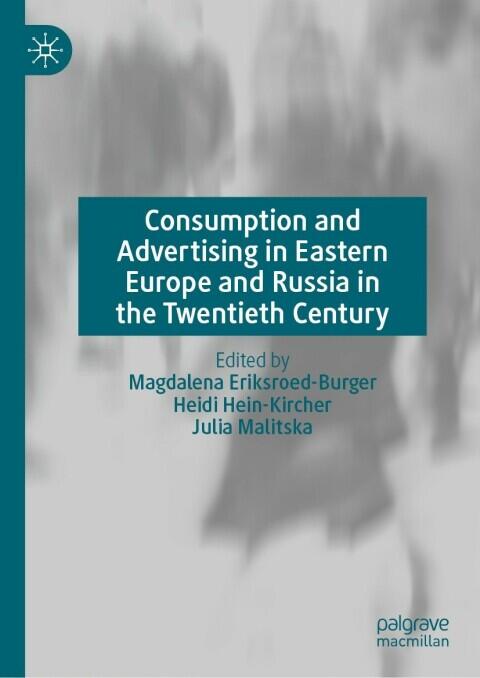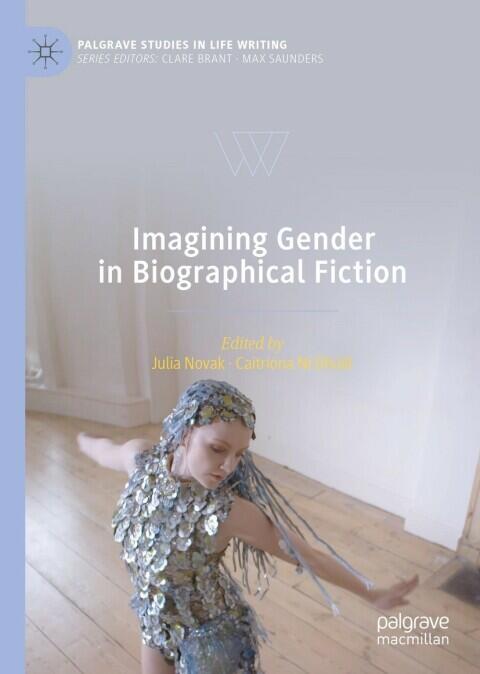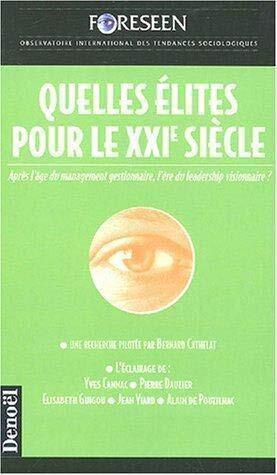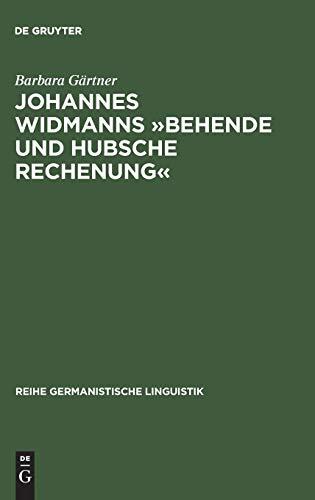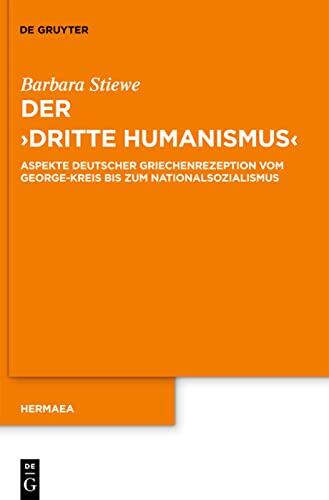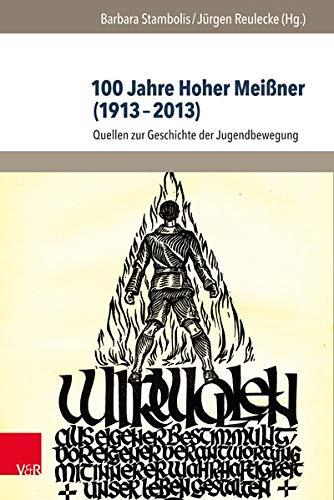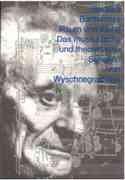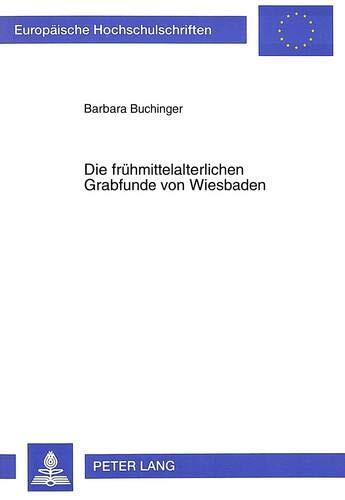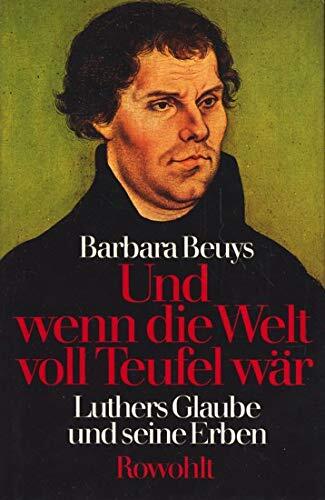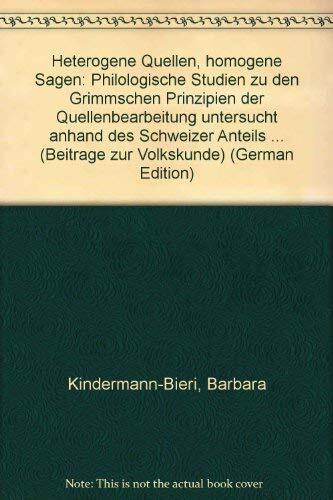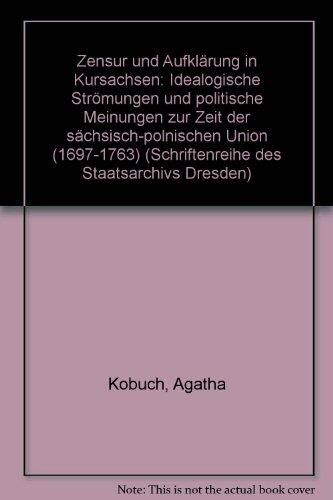
Zensur und Aufklärung in Kursachsen: Idealogische Strömungen und politische Meinungen zur Zeit der sächsisch-polnischen Union
par
Agatha Kobuch
Pas encore d'évaluations
History
Format
Relié
Pages
298
Langue
Allemand
Publié
Jan 1, 1988
Éditeur
Hermann Bohlaus Nachfolger
ISBN-10
3740000120
ISBN-13
9783740000127
Description
Agatha Kobuch dives deep into the ideological currents and political opinions that characterized the period of the Saxon-Polish Union from 1697 to 1763. This exploration offers a nuanced understanding of how censorship intersected with the Enlightenment ideals during a pivotal time in European history. By meticulously analyzing historical documents and political discourse, Kobuch sheds light on the complexities of governance and public thought in Kursachsen.
The work underscores the interplay between authoritative control and the emerging desires for intellectual freedom, illustrating how Enlightenment thinkers began to challenge established norms. As social and political landscapes shifted, so too did the narratives surrounding power, duty, and the role of the individual in society.
Kobuch’s research not only documents the factors that shaped public opinion but also highlights the tensions that arose from censorship, framing the discourse within the broader scope of early modern Europe. This scholarly contribution is essential for anyone interested in understanding the delicate balance of power and ideas during an era marked by both enlightenment and oppression.
Throughout, the work is supported by thorough bibliographical references, enriching the reader's comprehension of the historical context and offering avenues for further study. Kobuch’s analytical approach invites reflection on the enduring impact of these historical dynamics as they resonate in contemporary discussions about freedom of speech and the role of government in regulating thought.
The work underscores the interplay between authoritative control and the emerging desires for intellectual freedom, illustrating how Enlightenment thinkers began to challenge established norms. As social and political landscapes shifted, so too did the narratives surrounding power, duty, and the role of the individual in society.
Kobuch’s research not only documents the factors that shaped public opinion but also highlights the tensions that arose from censorship, framing the discourse within the broader scope of early modern Europe. This scholarly contribution is essential for anyone interested in understanding the delicate balance of power and ideas during an era marked by both enlightenment and oppression.
Throughout, the work is supported by thorough bibliographical references, enriching the reader's comprehension of the historical context and offering avenues for further study. Kobuch’s analytical approach invites reflection on the enduring impact of these historical dynamics as they resonate in contemporary discussions about freedom of speech and the role of government in regulating thought.
Avis
Aucun avis pour le moment
Soyez le premier à donner votre avis sur ce livre et partagez vos pensées
Ajouter le premier avisJournal de lecture
Aucun journal de lecture trouvé
Commencez à suivre vos progrès de lecture pour voir les journaux ici
Ajoutez votre premier journal de lectureNotes
Journal des transactions
Aucun journal de transactions trouvé
Commencez à suivre vos transactions de livres pour voir les journaux ici
Ajoutez votre premier journal de transactions